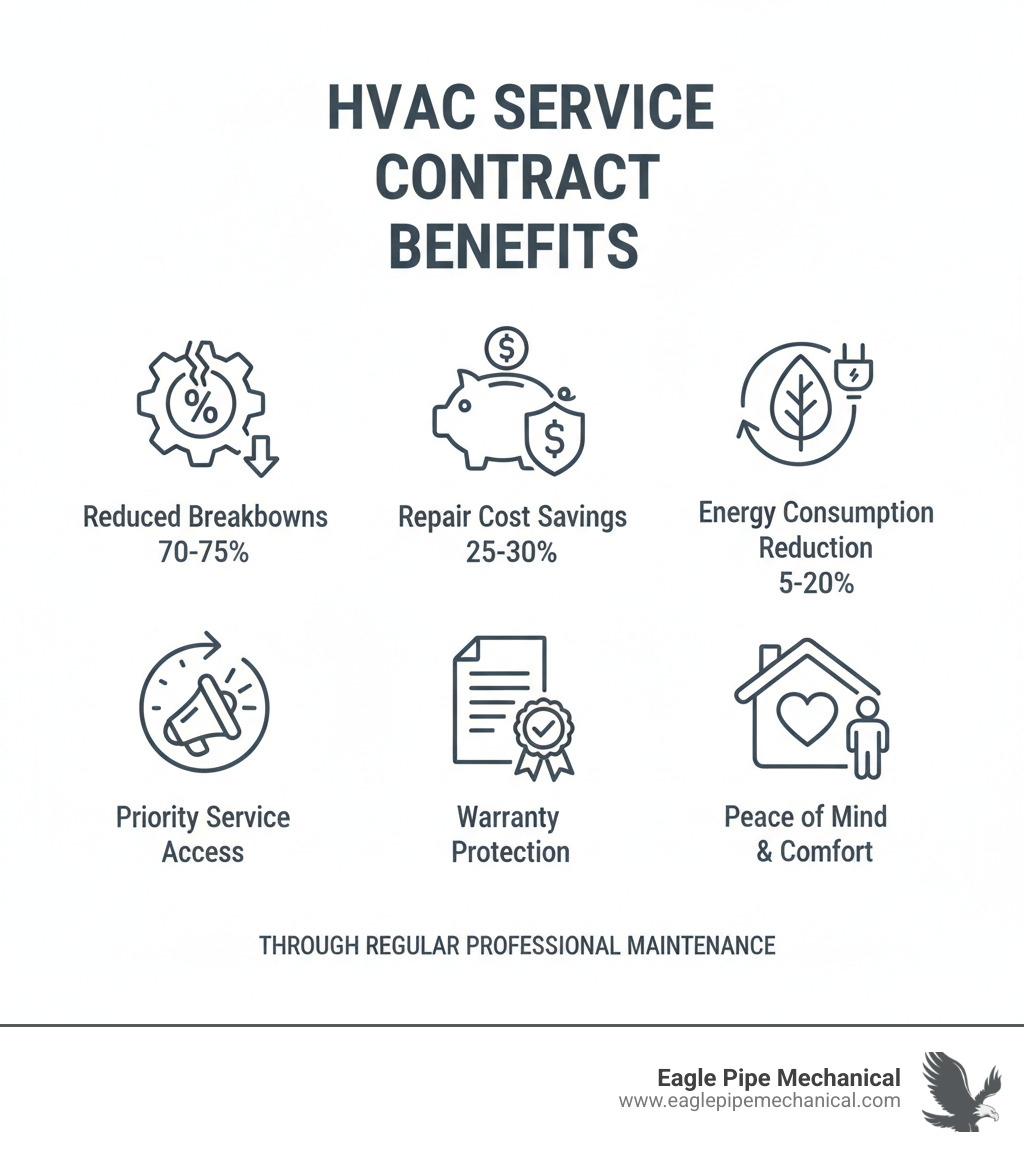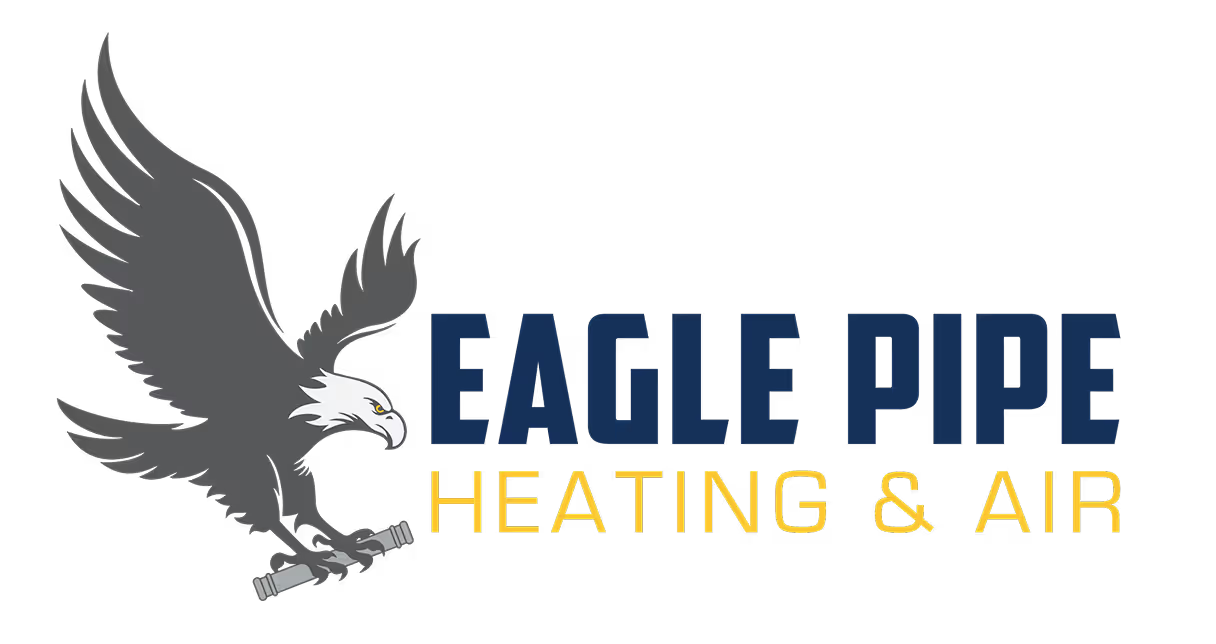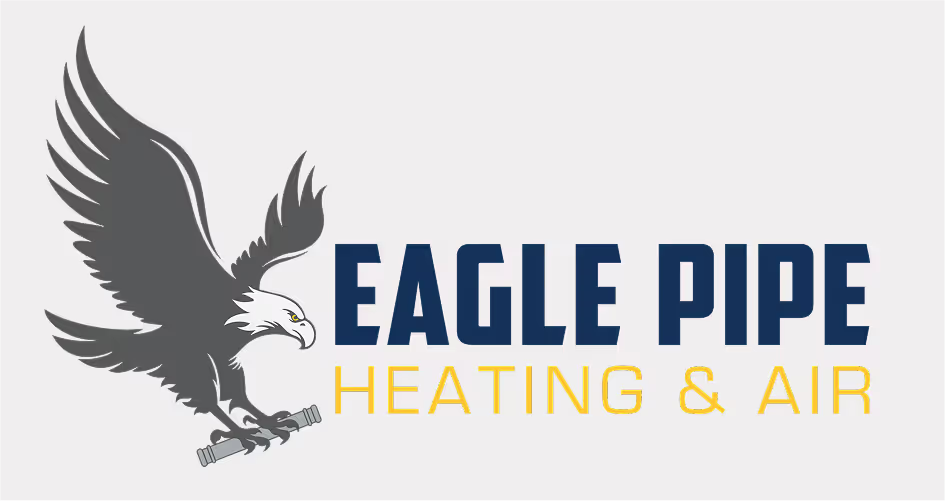Signing on the Dotted Line: A Guide to HVAC Service Contracts

Why HVAC Service Contracts Matter for Your Home's Comfort
An HVAC service contract is a comprehensive agreement between you and an HVAC company that outlines regular maintenance, repairs, and services for your heating and cooling systems. Here's what you need to know:
Key Components of HVAC Service Contracts:
- Preventive maintenance - Regular inspections, cleaning, and tune-ups (typically 2 visits per year)
- Priority service - Faster response times during emergencies
- Repair discounts - Often 10-25% off parts and labor costs
- Warranty protection - Maintains manufacturer warranty requirements
- Equipment coverage - Specifies which systems and components are included
Typical Cost Range: $120-$500 annually for basic plans, $500-$1,500+ for comprehensive coverage
Main Benefits: Reduced breakdowns by 70-75%, lower repair costs by 25-30%, and energy savings of 5-20%
As one homeowner put it: "It's worth the peace of mind knowing that your largest investment, your home, is being taken care of when it comes to safety, comfort, and health of your family."
The reality is simple - regular maintenance keeps your HVAC system running efficiently and prevents costly emergency repairs. Research shows that proper maintenance can reduce unexpected breakdowns by up to 75% and cut repair costs significantly. For homeowners in Kitsap and Jefferson Counties, where weather extremes put extra stress on heating and cooling systems, a service contract isn't just convenient - it's smart financial planning.
But not all contracts are created equal. Some offer genuine value while others might leave you paying for services you don't really need.

The Core Benefits: Why an HVAC Service Contract is a Smart Investment
Picture this: It's the hottest day of summer, and your air conditioner decides to take an unscheduled vacation. The repair bill? A whopping $800. The discomfort? Priceless (and not in a good way). This scenario plays out in countless homes every year, but it doesn't have to be yours.
An HVAC service contract transforms your relationship with your heating and cooling system from reactive panic to proactive peace of mind. Instead of crossing your fingers and hoping nothing breaks, you're taking charge of your home's comfort with a strategic approach that pays dividends.
Think of your HVAC system like a faithful car that gets you where you need to go. You wouldn't skip oil changes and expect it to run forever, right? The same logic applies to your home's climate control system. Regular professional attention keeps everything humming along smoothly.
When you invest in a maintenance plan, you're setting your system up for success in multiple ways. Improved HVAC system efficiency means your equipment doesn't strain to keep your home comfortable. Reduced energy bills follow naturally when your system operates at peak performance instead of fighting against dirty filters and worn components.
The real magic happens in preventing problems before they start. Fewer breakdowns aren't just convenient – they're financially smart. Research consistently shows that regular maintenance reduces unexpected system failures by 70-75%. That's like having insurance for your comfort.
Your equipment will thank you too. Extended equipment lifespan means you can postpone that expensive system replacement conversation for years longer than you might expect. Plus, warranty protection stays intact when you have documented proof of proper care, and priority service ensures you're first in line when you do need help.
Understanding HVAC High Energy Consumption Reasons becomes less critical when regular maintenance addresses these issues before they impact your bills. Similarly, following Regular Heat Pump Maintenance guidelines becomes automatic with a service contract.
The Financial Advantages
Let's talk dollars and cents – because that's often what matters most when you're deciding whether an HVAC service contract makes sense for your family's budget.

The beauty of a maintenance plan lies in turning unpredictable expenses into manageable, planned costs. Lower repair costs become reality when small problems get caught during routine visits instead of growing into major headaches. We're talking about 25-30% savings on repair expenses – money that stays in your pocket instead of going toward emergency fixes.
Reduced energy consumption delivers month after month of savings. A well-maintained system can slash your energy usage by 5-20%, which adds up quickly on your utility bills. Our SEER Calculator can help you understand exactly how efficiency improvements translate to real savings.
Avoiding costly emergency repairs might be the biggest financial win of all. Emergency service calls during peak seasons often come with premium pricing, not to mention the stress and discomfort of a broken system when you need it most.
Perhaps most importantly, budgeting predictability lets you plan ahead instead of scrambling when something breaks. Instead of facing a surprise $1,200 repair bill in July, you're making manageable monthly or annual payments that keep your system running smoothly year-round.
Protecting Your System and Warranty
Your HVAC system represents a significant investment in your home's comfort and value. Protecting that investment goes beyond just hoping everything works when you need it.
Here's something many homeowners don't realize until it's too late: manufacturer requirements for warranty coverage almost always include proof of regular professional maintenance. Skip those annual tune-ups, and you might find yourself holding a voided warranty when you need it most.
An HVAC service contract creates the proof of maintenance documentation that keeps your warranty valid. Every service visit becomes part of your equipment's health record, showing manufacturers that you've held up your end of the warranty agreement.
The real value comes from catching small issues early – before they become expensive problems. A loose electrical connection spotted during a routine visit might cost nothing to fix, but left alone, it could lead to a burned-out motor worth hundreds of dollars.
Equipment longevity improves dramatically when systems receive consistent professional attention. Clean coils transfer heat more efficiently, lubricated parts move smoothly, and calibrated controls maintain optimal performance. This attention to detail can add years to your system's life, delaying the day when you need to explore Signs You Need HVAC Replacement.
The peace of mind that comes with knowing your system is properly maintained and warranty-protected? That's priceless.
Decoding the Agreement: What's Inside a Typical Contract?
When you're considering an HVAC service contract, it's crucial to understand exactly what you're signing up for. Think of it like reading the menu before ordering dinner – you want to know what's included and what you might be paying extra for. Not all contracts are created equal, and the details can vary dramatically between providers.

A well-structured HVAC service contract should feel like a clear roadmap, not a confusing maze of legal jargon. The scope of work section is your starting point – it spells out exactly what services the technician will perform during each visit. This isn't just a quick look-around; it should detail specific inspections, cleaning procedures, adjustments, and tests that will keep your system humming along.
The service frequency tells you how often to expect these visits. Most homeowners benefit from two visits per year – typically a spring tune-up to prep your cooling system and a fall check to ensure your heating is ready for winter. Some contracts offer more frequent visits for older systems or commercial properties.
Your contract should clearly list every piece of covered equipment. Whether you have a furnace, air conditioner, heat pump, or boiler, each component should be specifically mentioned. This prevents any "that's not covered" surprises down the road.
Don't skip over the legal clauses – they're there to protect both you and your service provider. These sections cover important topics like liability, how disputes get resolved, and the terms for ending the contract if needed. While they might seem dry, understanding these details can save you headaches later.
Finally, the payment terms section outlines the total cost, whether you'll pay monthly or annually, and any potential late fees or available discounts. Some providers offer significant savings for paying upfront, while others prefer spreading costs throughout the year. For a comprehensive example of what a thorough agreement looks like, you can review a Full Service HVAC Maintenance Contract template.
Types of HVAC Maintenance Plans
Just as there are different types of vehicles for different needs, HVAC service contracts come in various flavors designed to fit diverse budgets and requirements. Understanding these differences helps you choose the plan that makes the most sense for your home and wallet.
Preventive maintenance plans are the most basic option, focusing on routine tune-ups and inspections. These plans typically include seasonal check-ups, filter changes, and basic cleaning, but they don't cover repair costs. Think of this as your system's regular health check-up – it keeps things running smoothly and catches problems early, but you'll pay separately for any fixes needed.
Labor coverage plans step things up a notch by including both preventive maintenance and the labor costs for most repairs. If your technician finds a problem during a visit or you need emergency service, you'll only pay for parts – the labor is already covered. This type of plan offers more predictable budgeting since you won't face surprise labor charges.
Full coverage plans are the most comprehensive option, covering preventive maintenance, labor, and most parts. These plans often include priority scheduling for emergency calls and may offer additional perks like extended warranties on new equipment. While they cost more upfront, they provide the greatest peace of mind and protection against unexpected expenses.
Many plans also include emergency service provisions, which can be a real lifesaver when your heating fails on the coldest night of the year or your air conditioning quits during a heat wave. Contract holders typically get priority scheduling and may receive after-hours service at no additional charge.
Common Services Included in a Plan
When you sign an HVAC service contract, you're essentially getting a comprehensive health check for your heating and cooling system. The specific services can vary, but most quality agreements include a thorough system inspection that covers everything from electrical connections to safety controls.
Cleaning coils is one of the most important tasks included in maintenance visits. Dirty coils make your system work harder and use more energy, so this simple step can significantly impact your utility bills. Your technician will also check refrigerant levels to ensure your cooling system operates efficiently – low refrigerant is one of the most common causes of poor performance.
Lubricating moving parts keeps everything running smoothly and prevents premature wear. This includes motors, bearings, and other components that could seize up without proper maintenance. Testing thermostats ensures accurate temperature control and can reveal calibration issues that might be costing you money.
Many contracts include air filter replacement or at least inspection and recommendations. Since clogged air filter signs can indicate when this crucial component needs attention, having a professional monitor this saves you from reduced air quality and system strain.
Flushing drain lines prevents water damage and keeps humidity levels in check, while checking gas connections and heat exchangers ensures your family's safety. For a complete breakdown of what should be included in professional maintenance, our Essential Guide to AC Maintenance provides detailed insights into best practices.
Residential vs. Commercial Contracts
The difference between residential and commercial HVAC service contracts is like comparing a family car to a fleet of delivery trucks – both need maintenance, but the scale and complexity are entirely different.
Residential contracts typically focus on system simplicity since most homes have straightforward heating and cooling setups. A typical house might have one furnace, one air conditioner, and a few thermostats. Commercial properties, however, often feature multiple rooftop units, complex zone controls, and specialized equipment that requires more frequent attention and specialized expertise.
The scale of equipment in commercial settings means more potential failure points and higher stakes when something goes wrong. A broken air conditioner in your home is uncomfortable; a failed HVAC system in a restaurant or office building can shut down business operations entirely.
Service frequency also differs significantly. While residential systems usually need attention twice a year, commercial equipment often requires monthly or even weekly visits. This increased frequency helps prevent costly downtime and ensures compliance with health and safety regulations.
Regulatory compliance adds another layer of complexity to commercial contracts. Businesses must often meet specific air quality standards, maintain detailed maintenance records, and comply with local building codes. Our Comprehensive Commercial HVAC Services are designed to handle these unique challenges while keeping businesses comfortable and compliant.
Commercial contracts also typically include business-specific needs like emergency response guarantees, because when a commercial system fails, every hour of downtime can mean lost revenue and unhappy customers.
CUSTOMER TESTIMONIALS
Our customers’ experiences say more than we ever could. See how Eagle Pipe Heating & Air has earned trust across the Pacific Northwest with reliable service and lasting results.





